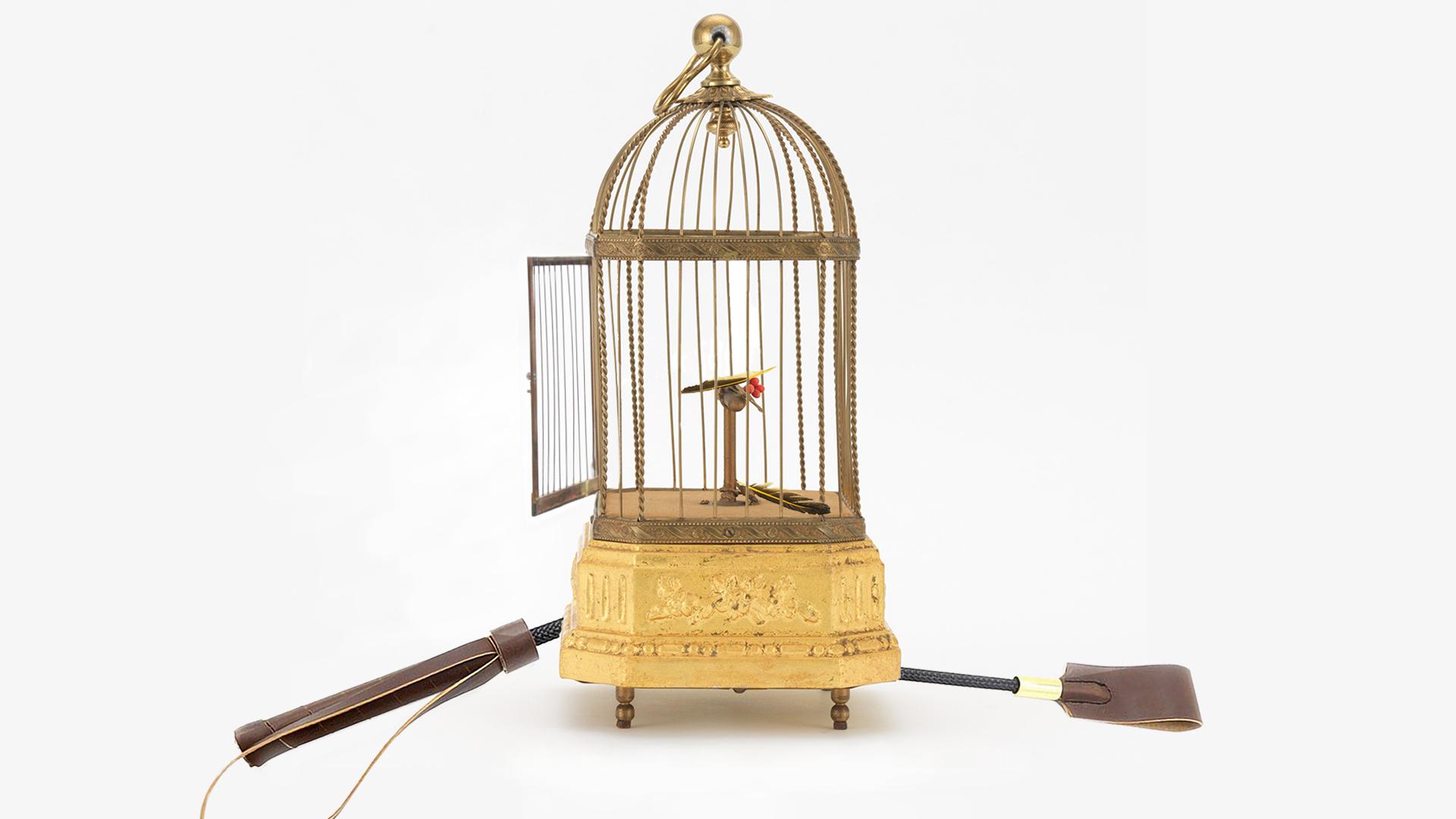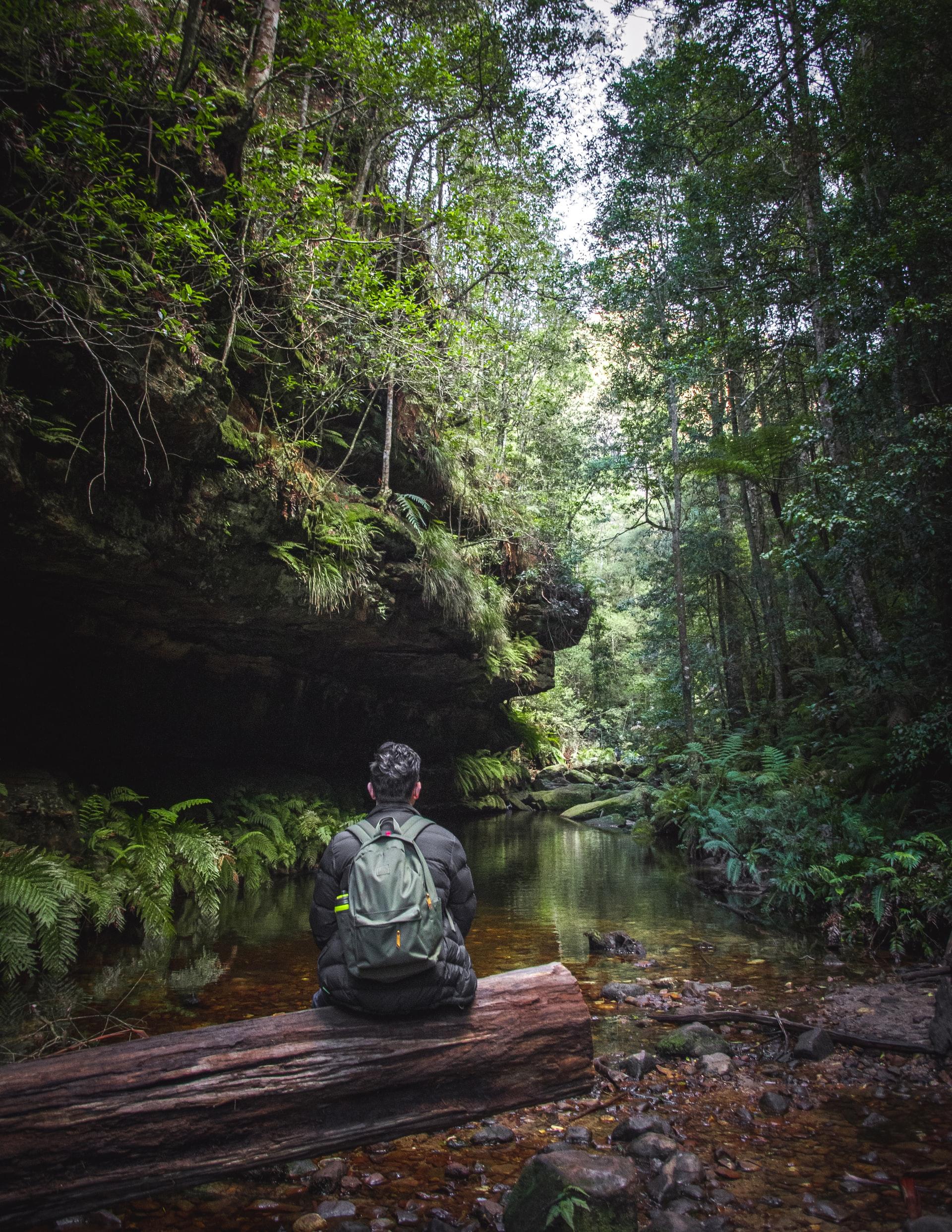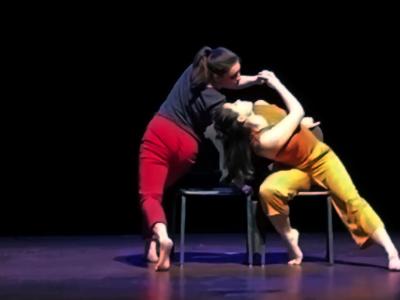Miss Julie
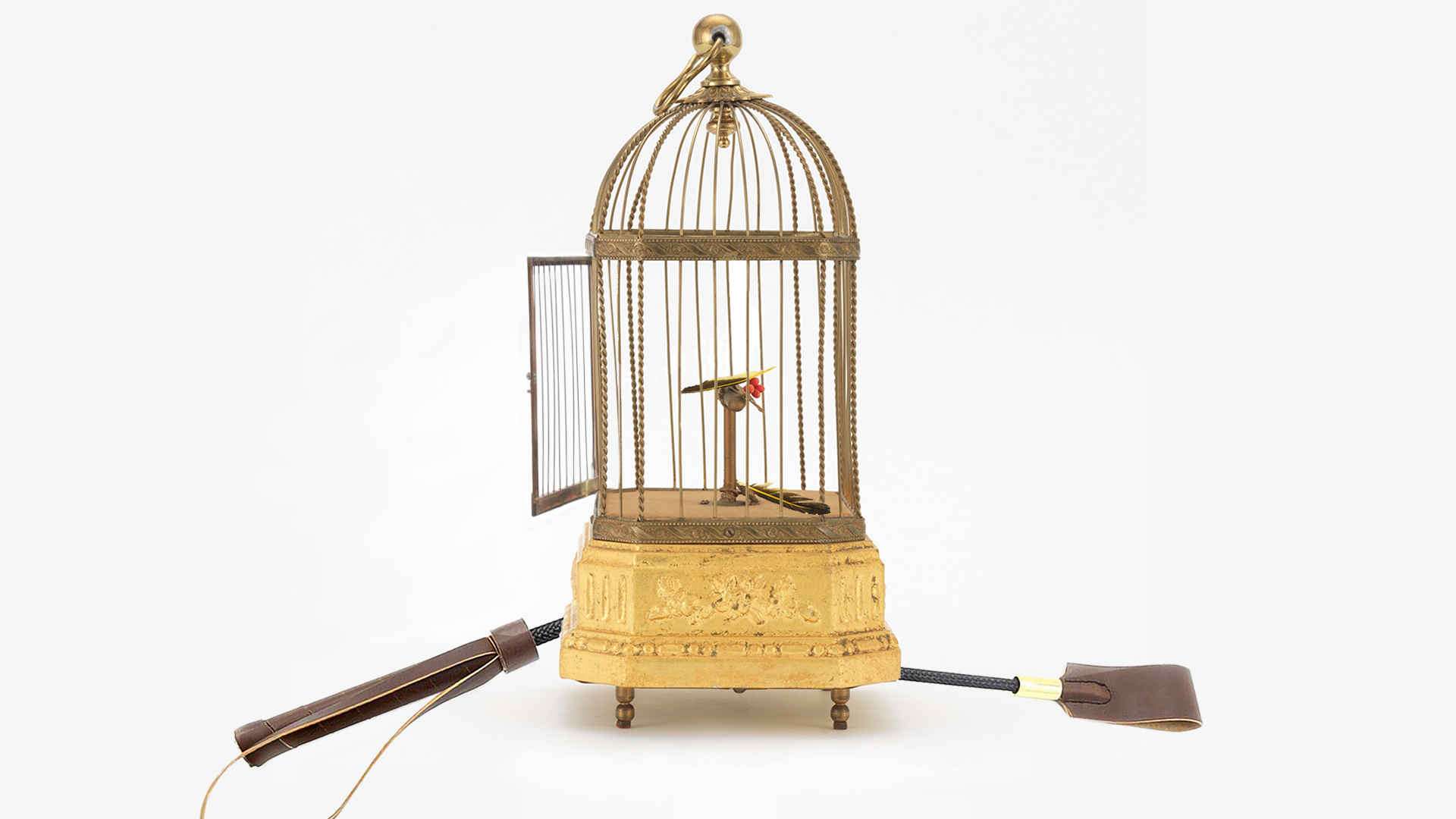
Time and Location
- 2021, Apr 16 Virtual Experience/Online
- 2021, Apr 17 Virtual Experience/Online
- 2021, Apr 23 Virtual Experience/Online
- 2021, Apr 24 Virtual Experience/Online
August Strindberg's classic play, set on Midsummer’s Eve on a Swedish estate.
Miss Julie, the daughter of a count gets involved with the count’s chief servant, Jean. Julie and Jean’s affair quickly unravels to a frantic conclusion, in a play that challenges class and gender roles.
Though "Miss Julie" premiered in 1888, our production will be set in Sweden in 1919 during the Spanish Flu pandemic. Costumes will incorporate period-appropriate masks.
Directed by Craig Willis of Oregon Contemporary Theatre.
Julie: Emily Pfriem
Jean: Mitch Stevens
Kristin: Victoria Snyder
Director: Craig Willis
Assistant Director: Erin Smith
Dramaturgy: Kevin Harris and Amanda Mills
Stage Manager: Lily Furlong
Assistant Stage Manager: Nina Stanyo
Production Manager: Savannah LeCornu
Technical Director: Marc Mixon
Scenic Design/Lighting Design: Dipu Gupta
Costume Design: DeLisle Merrill
Assistant Costume Design: Baily Schaefer and Peter Bauer
Sound Design: Mike Bajuk
Props Design: Amanda Mills
Costume Shop Manager: Rachel Anderson
Assistant Costume Shop Manager: Amber Pacifico
Sound Board Operator: Megan Burr
Lane Burke
Clara King
Evan Schwaab
Ady Torres-Garcia
Hannah Fredrikson
Louise Heller
Morgan Mitchell
Suzannah Beller
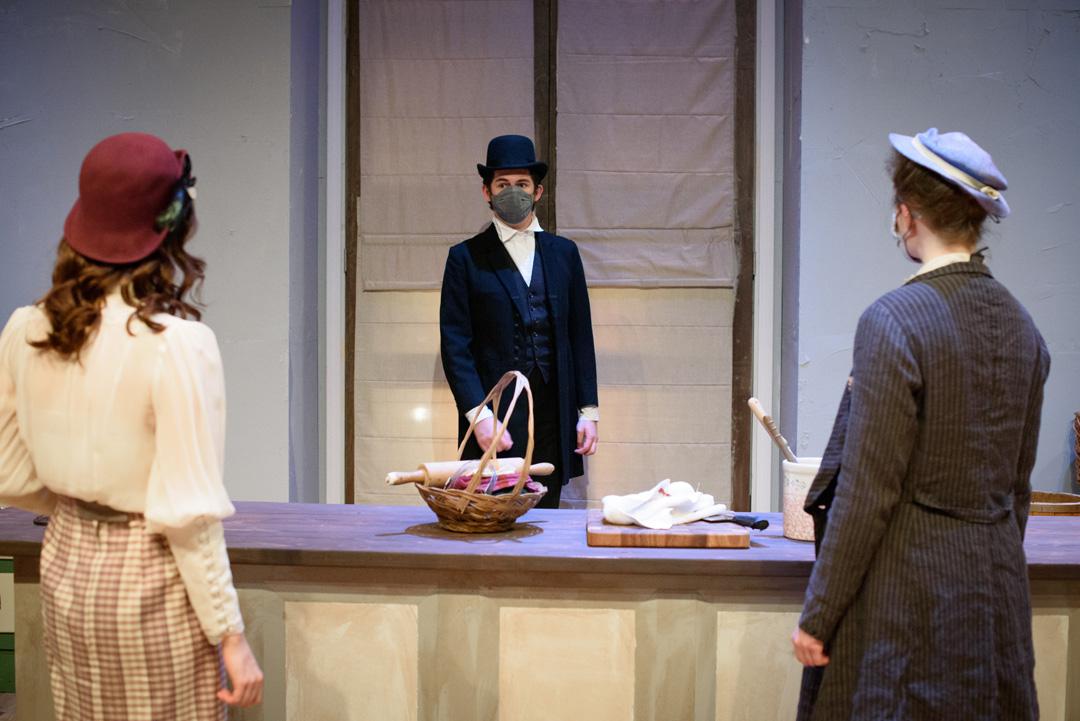
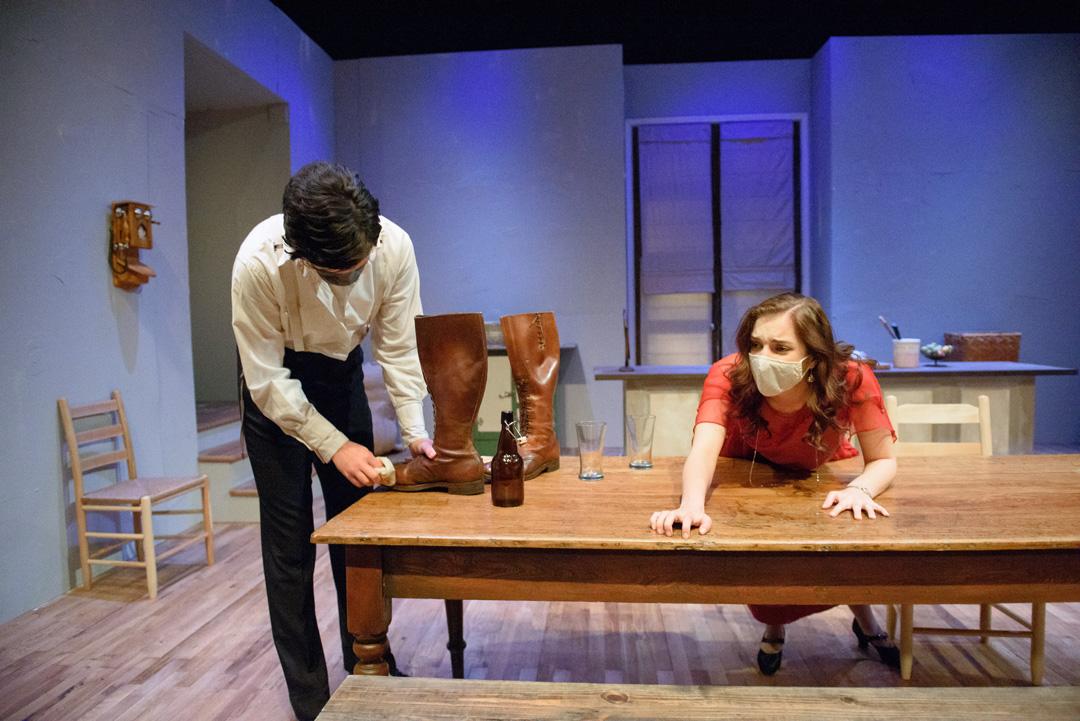
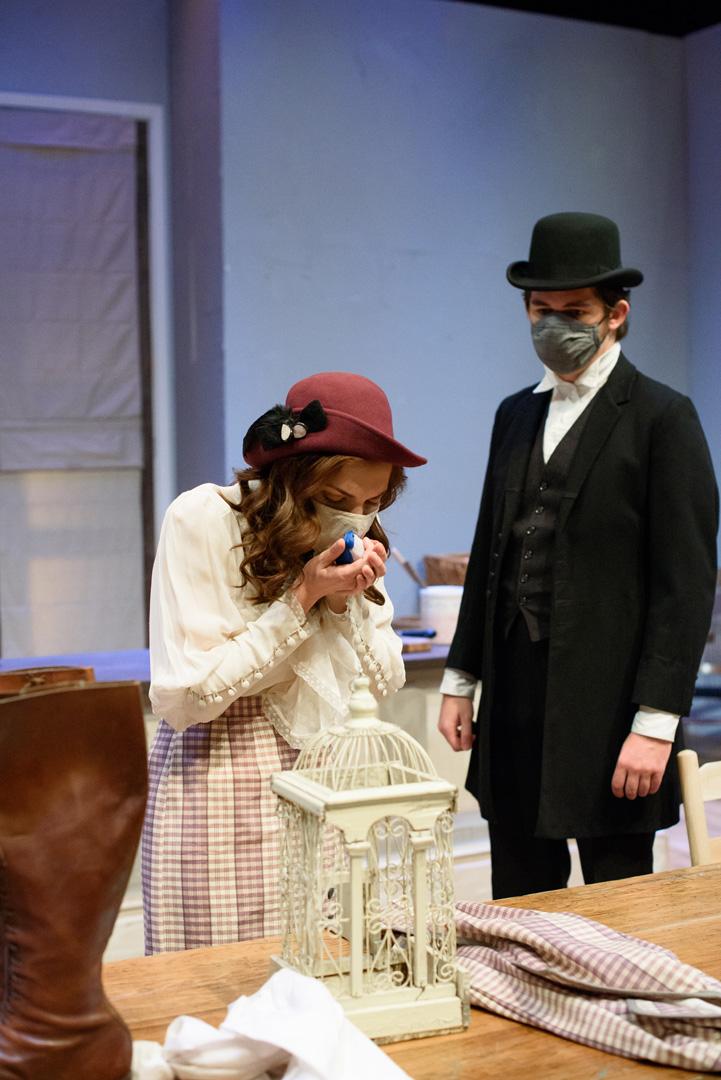
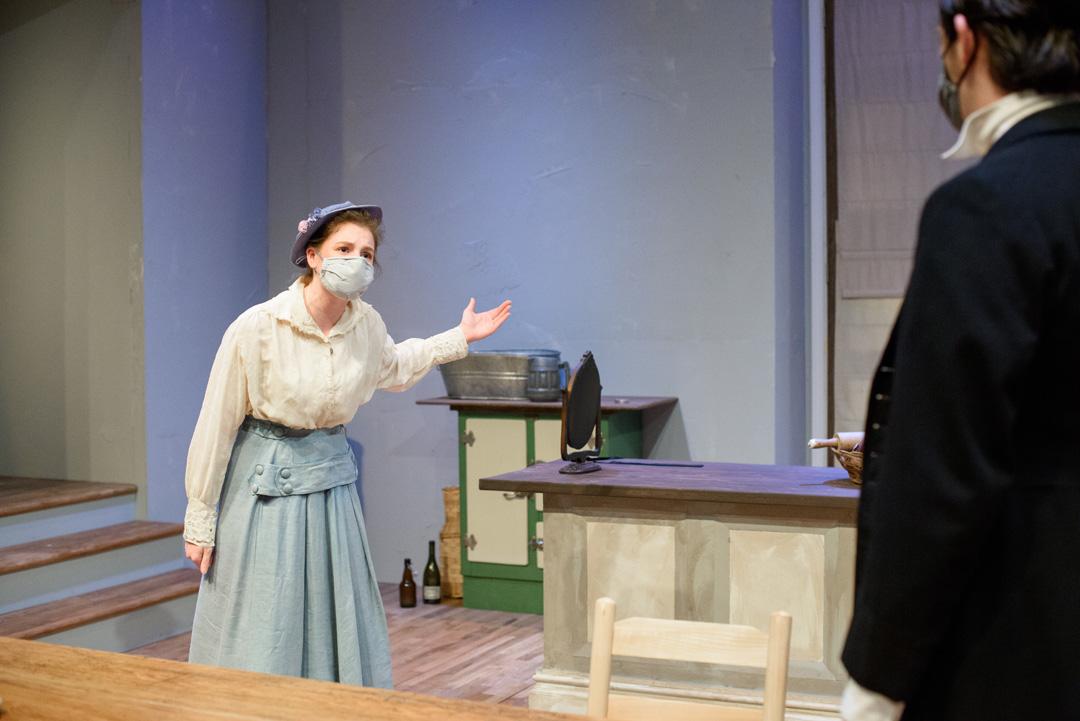
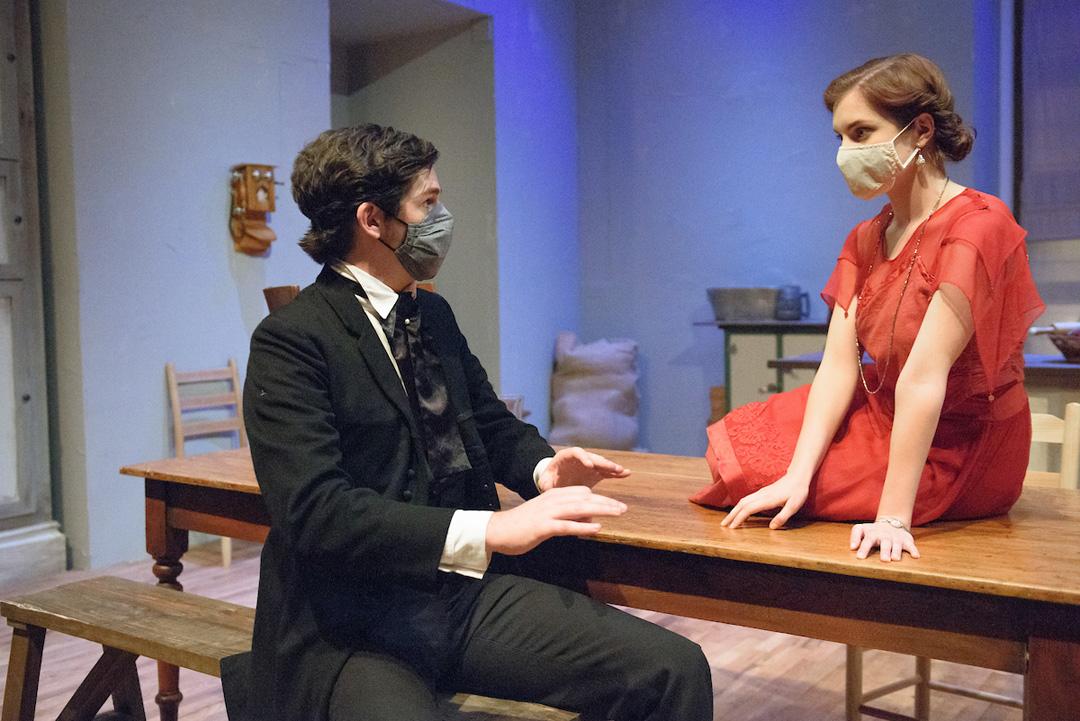
Disability Accommodations
For disability accommodations, please contact the department presenting the event. Disability access information is available online at Parking Services, and further resources can be found by contacting Western's Disability Access Center.
